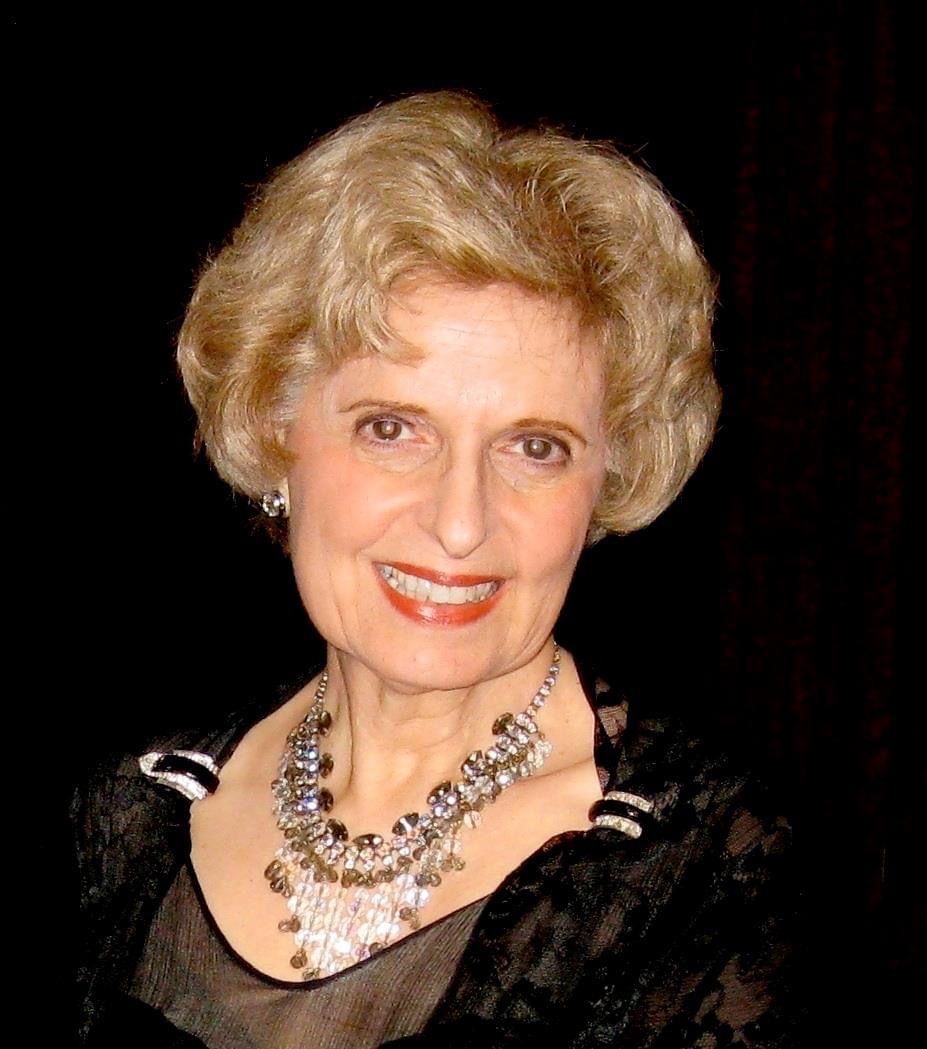Who Inspires You? by Helene Joseph-Weil

I had the pleasure of featuring Helene Joseph-Weil, my beloved undergraduate voice teacher, in a previous article about who inspired her as a teacher and singer. Read her story below....
Helene Joseph-Weil
Who inspired me throughout my career as performing singer and teacher? The answer continues to be: The great teachers and musical artists I studied and worked with, starting from my earliest childhood voice studies at age 6, through the most advanced technical studies, master classes and performances in my more mature years. I am forever grateful to the people listed below for all they gave me at the various stages of my singing studies, professional career, teaching, and life. Their abundant knowledge, artistry, energy, time, years of experience, encouragement and support are with me still as I continue to teach and perform.
A chronological listing includes my voice studies with Barry Vaughan (Chester, PA), Evelyn Hinkin Martz (Philadelphia Musical Academy,) Louise Toth and Ellen Repp (Oberlin Conservatory), Lislotte Egger-Poetschke (Hochschule Akademie Mozarteum,) Thelma Votipka (under the sponsorship of the Metropolitan Opera Studio,) Phyllis Curtin (private studies in New York), and continued private voice in the San Francisco Bay Area with Dietrich Erbelding, Marie Gibson, Donald Stenburg, and Louise Toth.
In addition working in extended master classes with Elly Ameling, KS Walter Berry, Rudolph Jansen, Hans Hotter, Ernst Haefliger, Erik Werba, Jörge Demus, coupled with my professional performing experiences with Aaron Copland, Erich Leinsdorf, Julius Rudel, Josef Wallnig, Leonard Bernstein, Andor Toth, George Schick, and Carl Bamberger, to name a few, and listening to vocal idols such as Curtin, Ameling, Schwarzkopf, Steber, Tebaldi, Callas, Ludwig, de los Angeles, Fischer-Dieskau, Bjoerling, and Gedda.
All unconsciously imparted much more than vocal techniques and musical artistic/stylistic concepts. Through them I became connected to a long, historical tradition in voice teaching and performing, one that is passed from generation to generation.
However, in over 50 years of teaching and performing, it has been my students who continue to inspire me to be a knowledgeable and compassionate teacher; who have taught me the most about singing and revealed to me the strengths and weaknesses of the human voice in a human body.
For we are all a composite of our familial, ethnic, and cultural roots and backgrounds; our personal and professional relationships; our academic and music studies; and our listening, performing, and lifetime experiences. These are what we bring to the studio as teacher and to the stage as performing artist. Ultimately, all lead us to one realization: singing is a journey of self-discovery.
Teaching voice is primarily and ultimately about helping the singer negotiate this self-discovery process. The student must be open to allow the teacher to move- figuratively- inside the body and mind; to probe, poke, re-align, re-arrange, flex, relax, strengthen, unhinge, open, and close areas that normally operate at an involuntary or unconscious level.
And it is the teacher’s sacred duty to understand that each student is unique, and that not just one method works for all voices and personalities. The ultimate goal is for the student to become an independent, successful singer in whatever style of music, and at whatever level, best befits that voice at that particular stage of his or her physical and emotional development. It is an awesome task, but immensely inspiring and fulfilling for a lifetime’s work.






















Comments